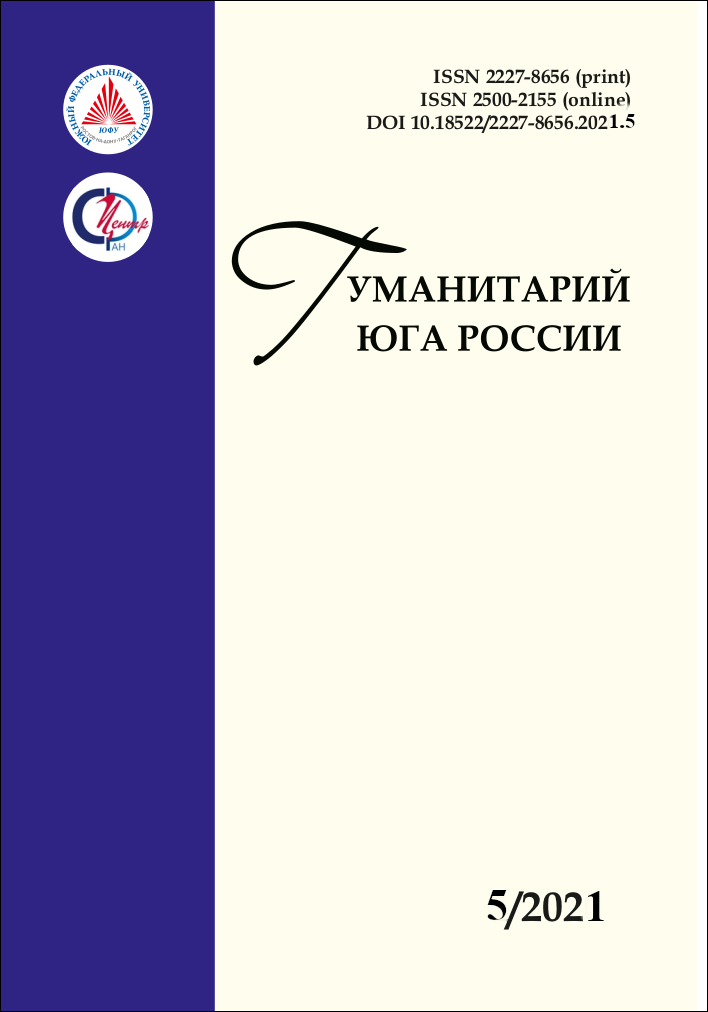Понимание социального субъекта в истории философии
Научная статья
Аннотация
Литература
Виндельбанд В. Избранное: дух и история. М., 1995.
Зиммель Г. Избранное. Т. 2. М., 1996.
Канке В. А. Основные философские направления и концепции науки. М., 2000.
Козловски П. Культура постмодерна. М., 1997.
Риккерт Г. Науки о природе и науки о культуре. М., 1998.
Фундаментальные ценности России и Запада: аксиологическое измерение столкновения цивилизаций в XXI веке // Философские исследования и современность. 2017. Вып. 6. С. 323–351.
Хейзинга Дж. Человек играющий. М., 1992.
Шпенглер О. Закат Европы. Т. 1. Новосибирск, 1993.
Поступила: 25.08.2021
Опубликована: 01.12.2021






